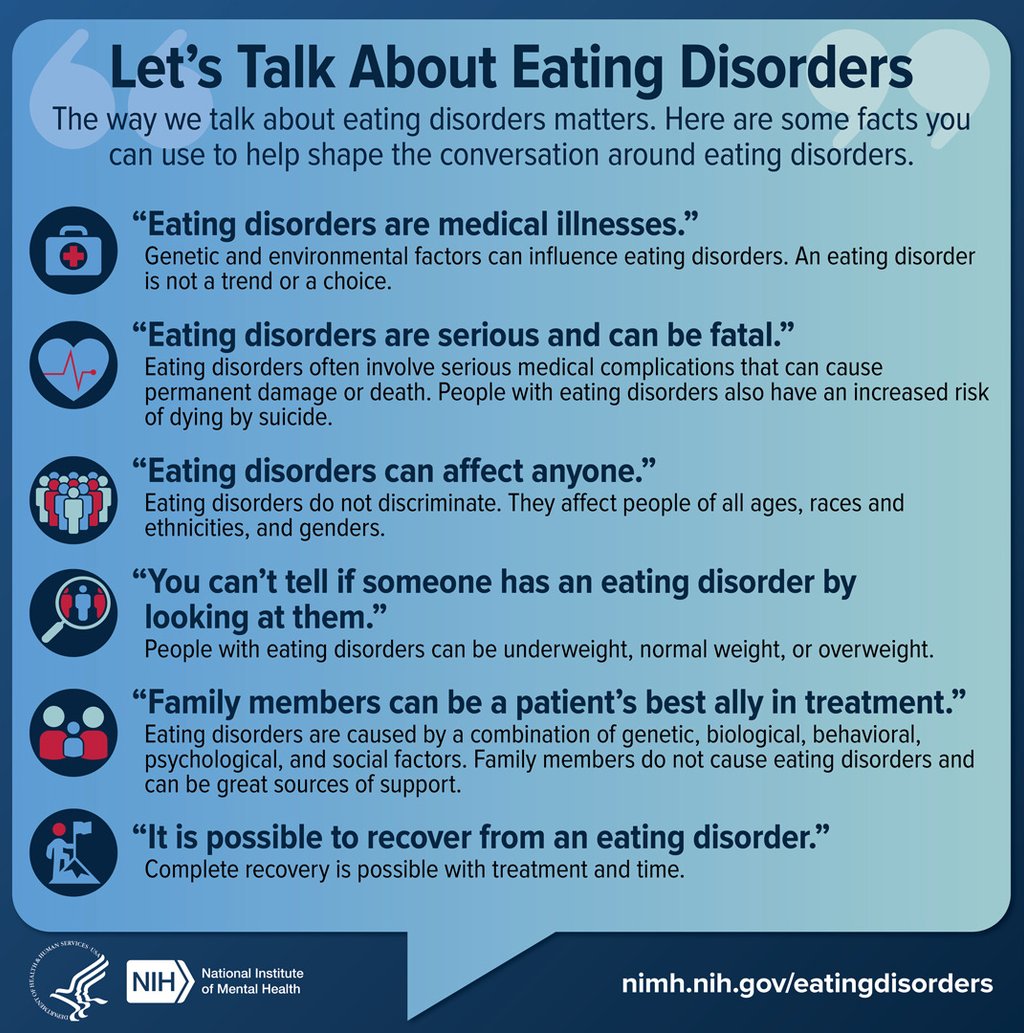
What We Do
Anorexia Nervosa Treatment
At the Joy of Life Clinic, we recognize the complex journey individuals with eating disorders navigate—a path marked by challenges in how they see themselves and their relationship with food. Our eating disorders evaluation and treatment services are designed to restore balance, health, and well-being, offering a compassionate, comprehensive approach to care that addresses both the physical and psychological facets of these conditions.
What is anorexia nervosa?
Anorexia Nervosa is a serious mental health disorder that falls under the umbrella of eating disorders, characterized by an intense fear of gaining weight and a distorted body image. Individuals with anorexia go to extreme lengths to control their weight and shape, often resulting in severe restriction of food intake and excessive exercise.
This disorder is not merely about food or weight but is deeply intertwined with one's emotions and self-perception.
The dangers of anorexia nervosa
The dangers of anorexia to one’s health and life are profound and multifaceted:
Physical Health Risks: Anorexia can lead to drastic weight loss and malnutrition, which deprives the body of essential nutrients necessary for basic physiological functions. This can result in severe complications such as a weakened immune system, brittle bones (osteoporosis), anemia, muscle wasting, and severe constipation. The heart is particularly vulnerable, with risks including slowed heart rate, lowered blood pressure, and heart failure.
Psychological Impact: Anorexia is often accompanied by a range of psychological issues. Anxiety, depression, and obsessive-compulsive behaviors are common, as are feelings of worthlessness and low self-esteem. The isolation that often comes with anorexia can exacerbate these issues, leading to a deteriorating cycle of mental health.
Neurological Consequences: Chronic malnutrition can affect the brain, leading to difficulties in concentration and decision-making, as well as emotional instability. In severe cases, the structural changes in the brain can be irreversible.
Endocrine Dysfunction: Anorexia affects the body's hormonal balance. In women, this can lead to disruptions in menstrual cycles or even cessation of menstruation (amenorrhea), which can impact fertility. Men may experience decreased testosterone levels. There can also be disruption in the production of hormones responsible for regulating metabolism and stress responses.
Mortality: Anorexia has one of the highest mortality rates among psychiatric disorders due to both medical complications and an increased risk of suicide. Those suffering from anorexia battle not only the physical ravages of the disorder but also intense psychological distress.
Navigating the spectrum of eating disorders
A Holistic Understanding: Our services encompass a deep understanding of eating disorders, recognizing the unique ways they can manifest and impact an individual's life.
Personalized Care: We tailor our approach to meet the specific needs of each person, integrating medical, nutritional, and therapeutic strategies to foster recovery.
Recognizing the signs: Symptoms of Anorexia nervosa and other eating disorders
Eating disorders can be complex to detect sometimes, especially in their early stages. Understanding these behaviors, which may look healthy at first, is the first step toward healing for oneself or one's loved ones:
Anorexia Nervosa: Characterized by restricted food intake, an intense fear of gaining weight, and a distorted body image.
Bulimia Nervosa: Involves episodes of binge eating followed by compensatory behaviors such as vomiting, excessive exercise, or misuse of laxatives.
Binge Eating Disorder: Marked by recurrent episodes of eating large quantities of food, often quickly and to the point of discomfort, followed by feelings of shame or guilt.
Avoidant/Restrictive Food Intake Disorder (ARFID): Not just picky eating, but an eating disorder where the range or amount of food is severely limited.
Food addiction: A compulsive and unhealthy dependence on consuming excessive amounts of food, soda, or sugary beverages, often driven by emotional needs or physiological cravings.
The path to healing: Our evaluation and treatment approach to eating disorders
Comprehensive Evaluation: We begin with a comprehensive assessment, considering medical history, eating habits, mental health, and emotional well-being.
Integrated Treatment Plans: Our multidisciplinary team crafts a personalized treatment plan that may include nutritional counseling, medical monitoring, psychotherapy, and support groups.
Continuous Support: Recovery from an eating disorder is a journey, and we provide ongoing support, adapting treatment plans as needed to ensure the best outcomes.
Recovery from anorexia nervosa
Recovery from anorexia involves more than just weight restoration; it requires addressing the psychological issues related to body image, control, and food. Our treatment program is often a long-term process involving a team of health professionals, including dietitians, psychologists, and medical doctors.
Our comprehensive treatment aims to restore the individual's physical health, improve their relationship with food, and address underlying psychological issues. Early intervention improves the likelihood of recovery, underscoring the importance of recognizing the signs and seeking help promptly.
We’re dedicated to supporting you or your loved ones in reclaiming control and embarking on a journey toward recovery.


Click here for NIH's message on eating disorders as serious medical illnesses and that the way we talk about them matters.
Click here to download the NIH infographics..
Knowing when to seek help
Disrupted Daily Life: If eating habits or thoughts about food and body image are interfering with daily life, work, or relationships, it’s time to seek help.
Physical Health Concerns: Noticeable changes in weight, dental issues, digestive problems, or irregular heart rhythms warrant immediate attention.
Emotional Distress: Feelings of guilt, shame, anxiety, or depression related to food or body image are significant signs that professional support is needed.
Our Aims and Objectives


Empowering Individuals: Our goal is to empower you with the knowledge, skills, and support needed to navigate the challenges of recovery.
Promoting Holistic Well-Being: We aim to enhance overall well-being, addressing both the physical and emotional aspects of eating disorders.
Supporting Long-Term Recovery: We are committed to supporting you through every step of recovery, helping to build resilience and prevent relapse.
Our SMART Goals Defined
Our goals are Specific (tailored to your needs), Measurable (with clear benchmarks for progress), Achievable (realistic and manageable), Relevant (aligned with your personal mental health goals), and Time-bound (with scheduled reviews to assess progress).
You didn’t come this far to stop.
Believe you can, and you're halfway there.
Theodore Roosevelt
The benefits of our eating disorders evaluation and treatment program
Expert Care: Our specialized team is experienced in treating eating disorders, offering expert care tailored to your unique needs.
Compassionate Environment: We provide a supportive, non-judgmental space to explore the underlying issues contributing to the eating disorder.
Evidence-Based Treatments: Utilizing the latest research and best practices, we offer treatments proven to support recovery and improve quality of life.

Eating Disorders We Treat
Here's our message of hope and healing
If you or a loved one is struggling with an eating disorder, know that recovery is possible, and help is here. Our clinic is dedicated to providing compassionate, expert care tailored to your unique journey. With our comprehensive evaluation and treatment services, we’re here to support you every step of the way, from initial assessment through to recovery and beyond. Together, we can restore balance, health, and happiness.
Reach out to us today and take the first step on your path to recovery.

Psychiatric evaluation and management
Other psychiatric and mental health reports.
Substance Abuse
We also provide these administrative services
Here're addiction problems we treat
Other nutrition and weight management services.
And we provide nutrition and weight management services to make your well-being even more complete
Don't let life's challenges define you—or your loved one—we are here to help you overcome and thrive!
Here're psychosocial and psychosomatic issues we treat
We operate under the laws and regulations of the State of Maryland as a Maryland outpatient clinic.

Home | About Us | Our Services | Blog | Terms & Conditions | Privacy | Telehealth | Forms & Resources | Appointments | Log In | Site Map | Contact Us
BY APPOINTMENT ONLY | NO WALK-IN
BEST WAY TO CONTACT US
Sign In to your account or Fill out the Contact Form or Appointment Form
or
Send us an Email at admin@jolclinic.com
Tel: (410) 231-3118 | Fax: (410) 262-6911
PATIENT RECORDS
To request your patient records, please sign in or go to the patient records information page.
Copyright © 2024 by the Joy of Life Clinic LLC.
4900 Belair Road
Baltimore MD 21206










